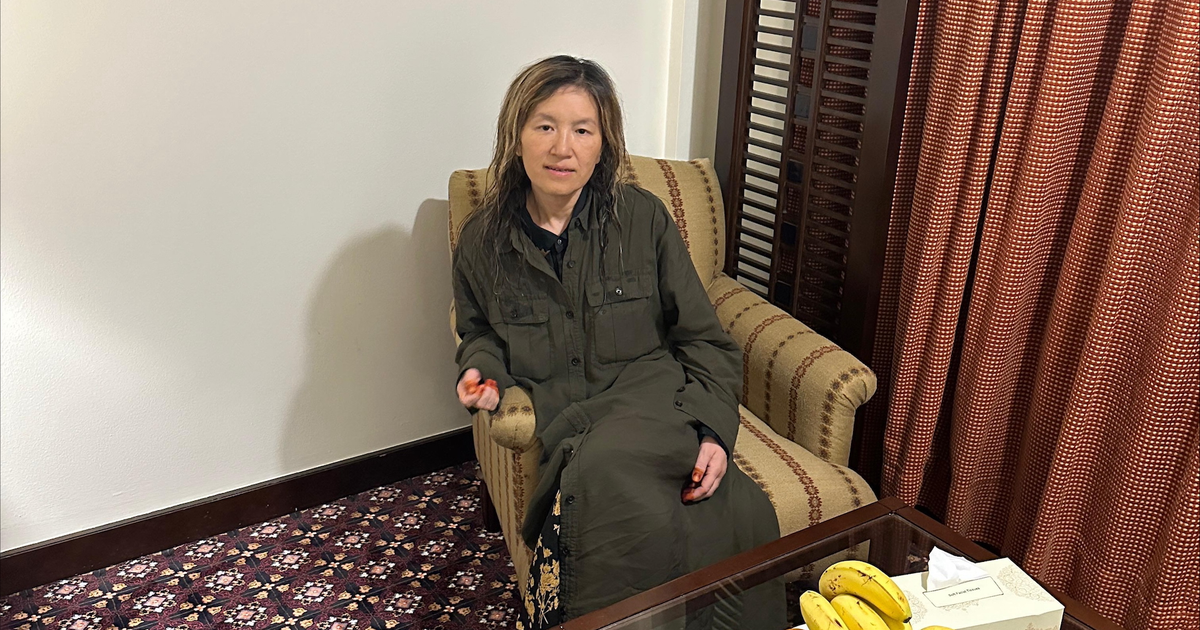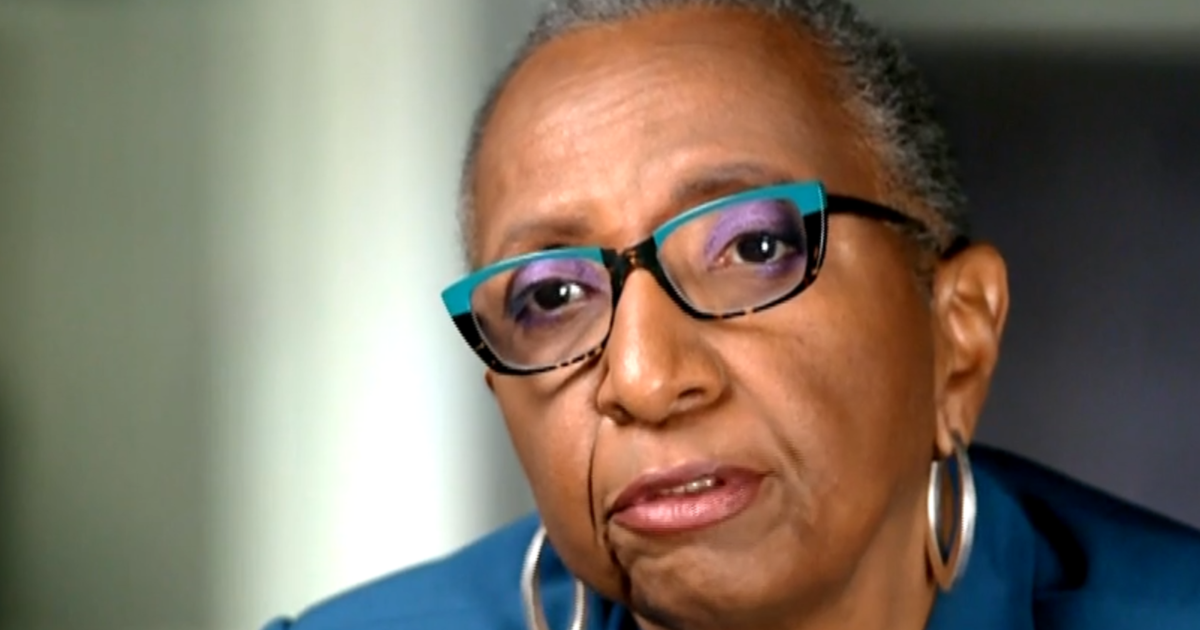ICE asked migrant parents whether they wished to be separated from their children, agency tells court
U.S. immigration authorities said in a court filing late Friday that one of the main reasons detained migrant children were not released this week as part of an order by a federal judge is because their parents did not agree to be separated from them.
In the filing, U.S. Immigration and Customs Enforcement listed several reasons why the agency denied parole to virtually all of the 185 minors in its custody this week. One of them was labeled in spreadsheets as "Parent Does Not Wish to Separate."
Friday's court filing indicates that migrant parents were recently asked, among other questions, whether they wished to be separated from their children, so the minors could be released to relatives or other sponsors.
On Thursday, groups that provide legal services at the three family detention centers ICE oversees in Texas and Pennsylvania said their clients were asked, without their attorneys' knowledge, to choose between staying in detention indefinitely or allowing their children to be released to sponsors — without them.
The advocates accused ICE of presenting parents with this "binary choice," a policy which could lead to family separation and that the administration has reportedly considered in the past to deter families from crossing the border. Prior to Friday's court filings, an ICE spokesperson said the agency had "not implemented what has been referred to as 'binary choice' at this time," and was instead "exploring all options" in response to federal litigation.
In one of the court filings Friday, a top ICE official said officers at the three family detention centers in Texas and Pennsylvania conducted "parole determinations" for all the children in its custody in response to an order late last month by the federal judge overseeing litigation related to the Flores Settlement Agreement, which governs the care of migrant minors in U.S. custody.
On April 24, Judge Dolly Gee of the U.S. District Court in Los Angeles found that the government was violating that agreement and ordered it to "make every effort to promptly and safely" release the children in its custody who have suitable sponsors, don't pose a danger to themselves or others and are not flight risks.
ICE's Juvenile Coordinator Deane Dougherty said in Friday's filing that the agency complied with Gee's order by questioning parents about possible sponsors for their children and other factors that would affect a decision to release detainees. Dougherty said officers used parole worksheets in use since 2017 and not any other forms during the review. She also said officers did not ask parents to waive the rights their children have under the Flores agreement.
Spreadsheets included with the filings show the agency only granted parole to five minors at the family detention center in Dilley, Texas. It's unclear if the children granted parole will be released with their parents, since the filings don't specify it.
The rest of the children were denied parole on the grounds that they were a flight risk, that parents did not wish to be separated from them, that they had orders of deportation and pending decisions from immigration judges or asylum adjudicators. Other reasons included that the children were involved in federal litigation or had "Purposefully evaded U.S. Immigration Controls."
Reached for comment on Friday's filings, an ICE spokesperson said the agency "has not instituted binary choice or separated any parents from their child pursuant to 'binary choice,' and ICE has not implemented any new forms to conduct the new parole determinations as required by the court — any assertion to the contrary is plainly false."
ICE officials said the form used during the custody review was created in the wake of an order from Gee in 2017.
Peter Schey, one of the two attorneys who filed the original lawsuit that prompted the Flores agreement in 1997, said the parole review ICE conducted is not what Gee asked for. He said parents reported that they were given forms that were in English, even though most of them do not read the language.
Even though Flores only covers migrant minors, Schey said ICE has broad discretion to release their parents as well. He said the government should be reviewing whether to release children under the terms of the Flores agreement, not under parole, which U.S. laws say can only be granted in "urgent" humanitarian or public benefit circumstances.
"(Parole) is highly discretionary," Schey said. "Whereas the Flores Settlement, the release is not discretionary. It says, 'shall release' unless the child is a flight risk."
Bridget Cambria, an immigration attorney who represents families held by ICE at the Berks Family Residential Center in Pennsylvania, said parents called her immediately after they were asked whether they would be willing to allow their children to be released without them. "It startled them and they all said no," Cambria said. "They were scared."
"One mother told an officer, 'there's no way you're taking my only child away from me,'" Cambria told CBS News. "Most of the mothers became very emotional and cried most of the day, because even though they said 'no,' there was a fear that it didn't matter what they said."
Cambria said ICE could have avoided alarming parents by advising their lawyers that it would ask them these questions. "For me, to ask a mother, which is what they did in Berks, to give up their one-year-old daughter, to me is unconscionable. I think that's why they need to be at least held to account."
In a separate filing on Friday, the Justice Department lawyer representing ICE asked to file the spreadsheets under seal, citing privacy concerns.
The Flores agreement originally applied only to migrant children classified as unaccompanied. But in 2015, Gee ruled that "accompanied" children were also covered and that they should generally not be held in secure, unlicensed facilities with their families for more than 20 days.
The Trump administration has published a rule it hopes will supersede the Flores settlement and allow it to detain families indefinitely in detention centers that do not need a state license. Gee has so far blocked it from taking effect.
According to spreadsheets submitted Friday, many of the children in ICE custody with their families have been detained for more than 20 days; some since August 2019.
Advocates have been urging ICE to release all migrant families and most adults from detention during the coronavirus pandemic, saying detainees are at increased risk of contracting the virus while in congregate settings. The agency said in its court filings Friday that no staff or detainees at the family detention centers have tested positive for coronavirus. However, more than 980 single adults in ICE custody have tested positive for the virus, according to the agency's latest tally.






